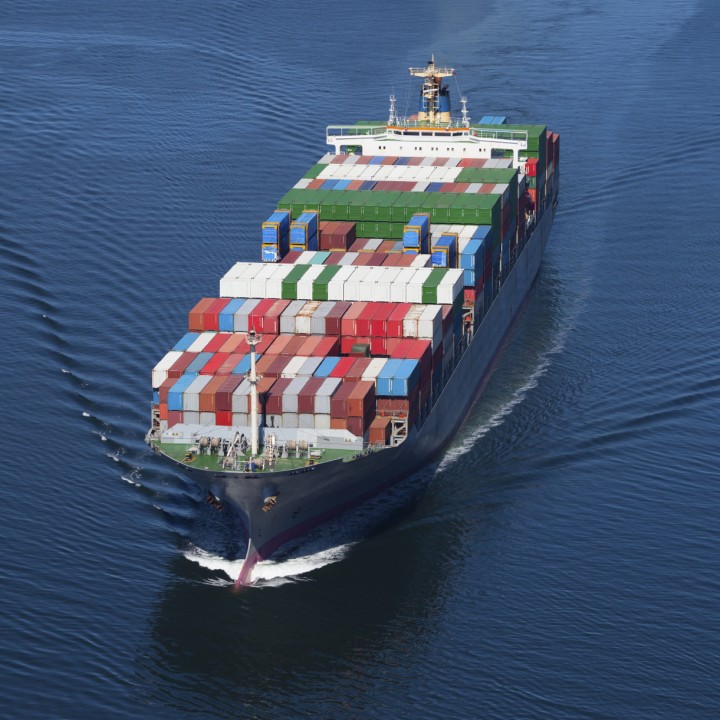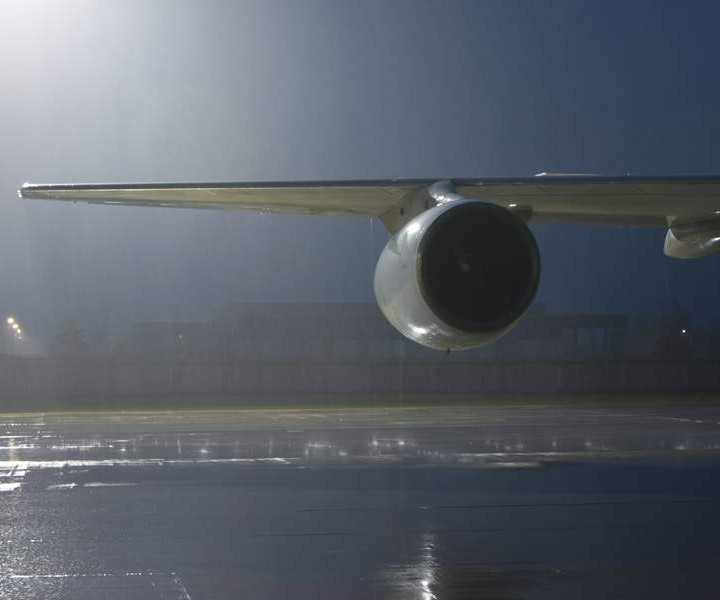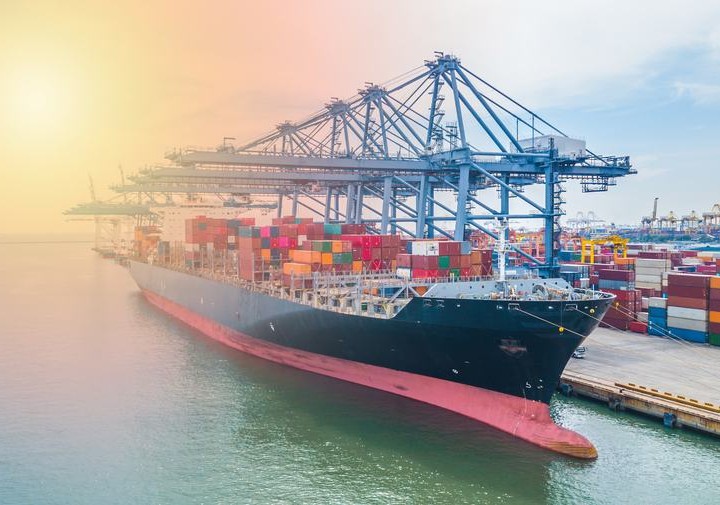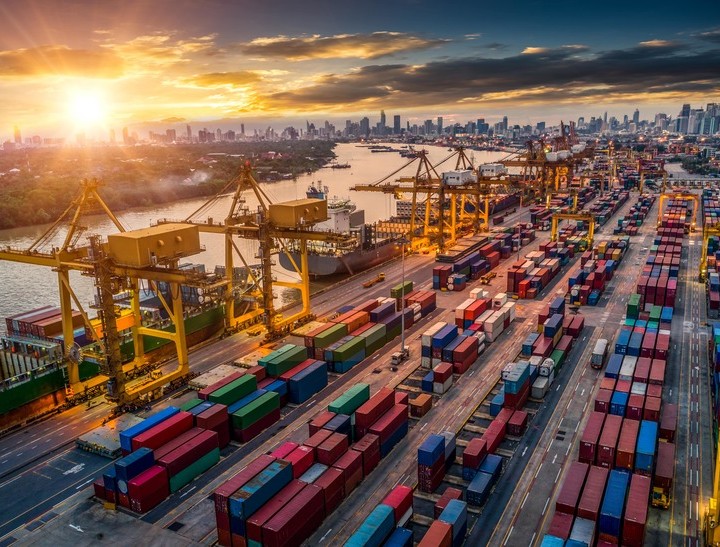Formula 1 is an international competition that consists of up to 22 individual races called Grand Prix over the span of nine months each year. While many of these races take place in Europe, almost half take place on multiple continents outside of Europe, depending on that season’s schedule. This punishing regimen requires that all the cars, the racing teams, and countless tons of equipment be shipped from destination to destination for each race. It takes lots of planning and work to pull this off, as well as virtually flawless global logistics.
 Here are some facts about the process.
Here are some facts about the process.
The Formula 1 Teams
There are a total of 10 Formula One teams that participate in the competition, and each one requires between 30 to 50 tons of freight to be transported from location to location for each race. This includes everything from the race team and the cars themselves to food, tools, fuel, parts, tires, temporary garages, and the equipment to monitor and broadcast the races. This is a huge undertaking, and it involves more than 1,400 metric tons of freight total.
The Grand Prix Locations
For the 2023 season, Formula One will travel to 20 countries on five continents in total. The majority of these races are in Europe, including Italy, Portugal, Austria, and France, but there are races as far away as the United States and Australia. A total of more than 200,000 kilometers or 124,000 miles will be covered in total.
The Shipping Methods
For over 40 years, Formula 1 has depended on DHL for its global logistics. The company uses a combination of air freight, truck freight, and sea freight to ensure all the cars and equipment make it to each destination safely. They have a fleet of six Boeing 747s that handles air shipping of the most critical components for every race, like cars, electronics, and broadcast equipment. Less important items like food and tools can be shipped by truck freight within Europe or to Asia, while cargo containers and sea freight are used for overseas destinations.
The Role of Global Logistics
It takes reliable global logistics to keep all the freight moving from country to country on time, especially as it passes through customs at each location. Four to six weeks of leeway is added to ensure less important times arrive via truck freight or sea freight, but for critical items like the engines and chassis of the vehicles, air freight and precise scheduling are required. DHL handles much of the logistics for Formula 1 itself, but where necessary, it contracts with trusted partners for services like sea freight and freight forwarding.
Reliable Logistics for Mission-Critical International Shipping
Although not all global shipping operations are as complex as those required by Formula 1, any international shipment requires in-depth planning and coordination to ensure it arrives safely and on time at its destination. When your business in the Las Vegas area needs a reliable partner for zero-failure international shipping and global logistics, turn to our experts at AMR Group. We ship to 60 countries worldwide, and we have a vast international network to ensure the smooth transportation of your most important cargo. We offer FTL and LTL truck freight, air freight, and sea freight, and we can help with customs forms to avoid costly delays for your shipment.
Count on our team at AMR Group for reliable shipping nationwide and worldwide. Call 702-800-6385 today or contact us online to request your custom shipping quote.








